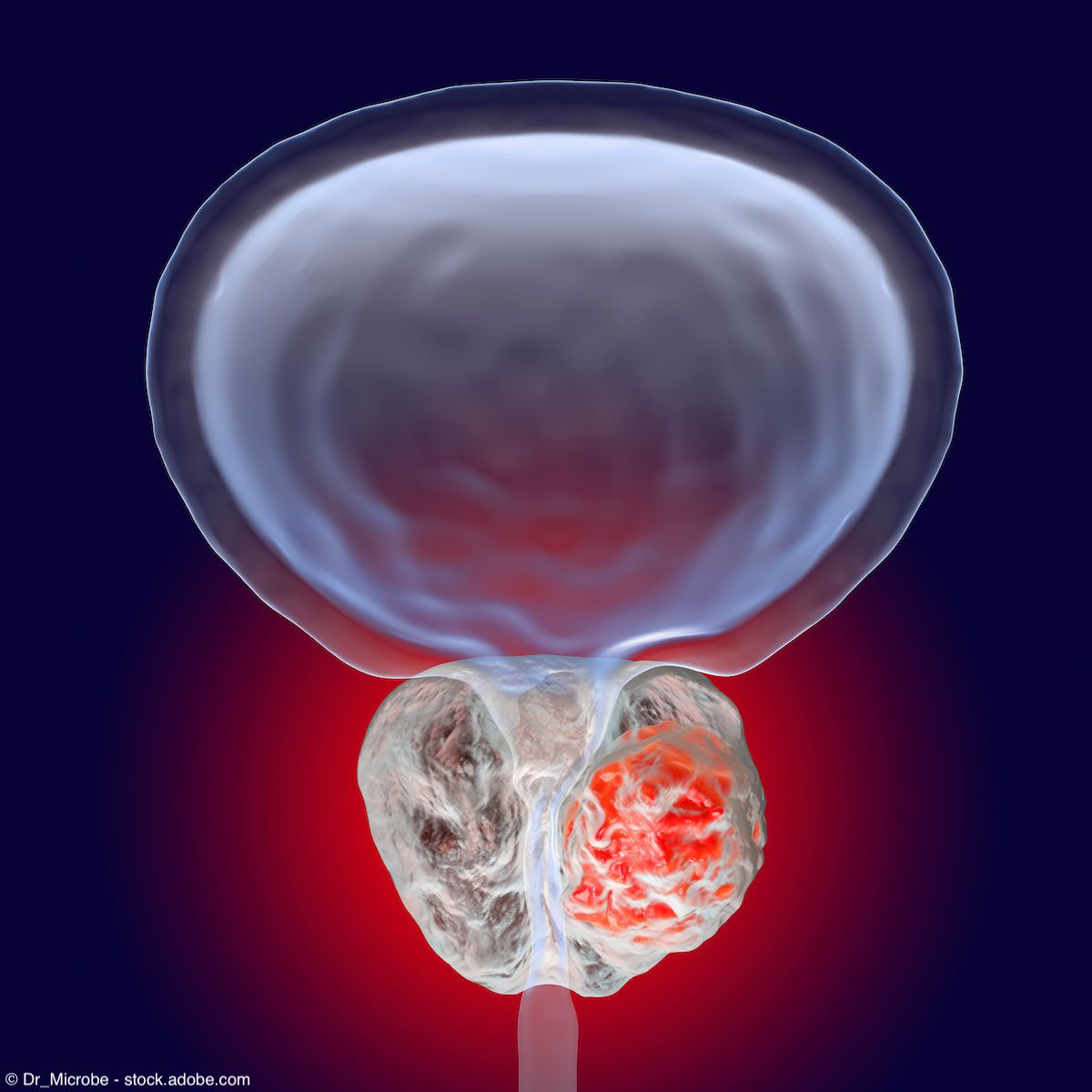Fitness
AI-assisted cancer contours improve prostate tumor delineation vs SOC

Defining prostate cancer contours with the artificial intelligence (AI)-powered mapping technology UnfoldAI reduced underestimation of the extent of prostate cancer compared with standard of care (SOC) methods for tumor delineation, according to data published in the Journal of Urology.1
The mean sensitivity with UnfoldAI was 97.4% compared with 38.2% with SOC.
“Accurately determining the extent of prostate cancer is crucial for treatment planning, as different stages may require different approaches such as active surveillance, surgery, focal therapy, radiation therapy, hormone therapy, chemotherapy, or a combination of these treatments,” said study author Wayne G. Brisbane, MD, in a news release on the findings.2 Brisbane is an assistant professor of urology at the David Geffen School of Medicine at the University of California, Los Angeles (UCLA) and member of the UCLA Health Jonsson Comprehensive Cancer Center.
Overall, data from the study showed that the balanced accuracy (average of the voxel-wise sensitivity and specificity) of UnfoldAI was superior to that of other methods of tumor delineation, with a rate of 84.7% with the AI tool compared with 67.2% with the cognitively-defined contours (SOC) and 79.5% with the hemigland contours (P
UnfoldAI also demonstrated a greater sensitivity vs SOC and a greater specificity vs hemigland contours. Specifically, the mean sensitivity with UnfoldAI was 97.4% compared with 38.2% with SOC (P P P
Further, the negative margin rate was 72.8% with UnfoldAI vs 1.6% with SOC (P P = .7).
The investigators also assessed the impact of the AI software on clinical decision making, finding that the tool led to altered treatment recommendations in 42% (28% urologists, 61% radiologists) of all cases (P
In total, the study included 50 eligible cases accrued from 2011 to 2016. Performance comparisons were made between SOC (n = 10 readers), AI-assisted (n = 10 readers), and hemigland cancer contours. Ten physician readers were recruited across 5 institutions, making up both urologists and radiologists with a broad range of clinical oncology experience (mean, 9 years; range, 2-23 years). Each reader reviewed each case in the study.
According to a news release on the findings, UnfoldAI was just included in the American Medical Association’s 2024 Current Procedural Terminology code set as a Category III code, further increasing access to the tool for prostate cancer management.3
Brisbane concluded, “Overall, the use of AI in cancer treatment could lead to more effective and personalized care for patients, with treatments that are better tailored to their individual needs and more successful in fighting the disease.”2
References
1. Mota SM, Priester A, Shubert J, et al. Artificial intelligence improves the ability of physicians to identify prostate cancer extent. J Urol. 2024 Jul;212(1):52-62. doi:10.1097/JU.0000000000003960
2. AI model may yield better outcomes for prostate cancer. News release. University of California, Los Angeles. Published online June 11, 2024. Accessed June 12, 2024. https://www.uclahealth.org/news/release/ai-model-may-yield-better-outcomes-prostate-cancer
3. New study proves AI enhances physicians’ ability to identify extent of prostate cancer with 84 percent accuracy. News release. Avenda Health. Published online June 11, 2024. Accessed June 12, 2024. https://www.prnewswire.com/news-releases/new-study-proves-ai-enhances-physicians-ability-to-identify-extent-of-prostate-cancer-with-84-percent-accuracy-302169442.html










